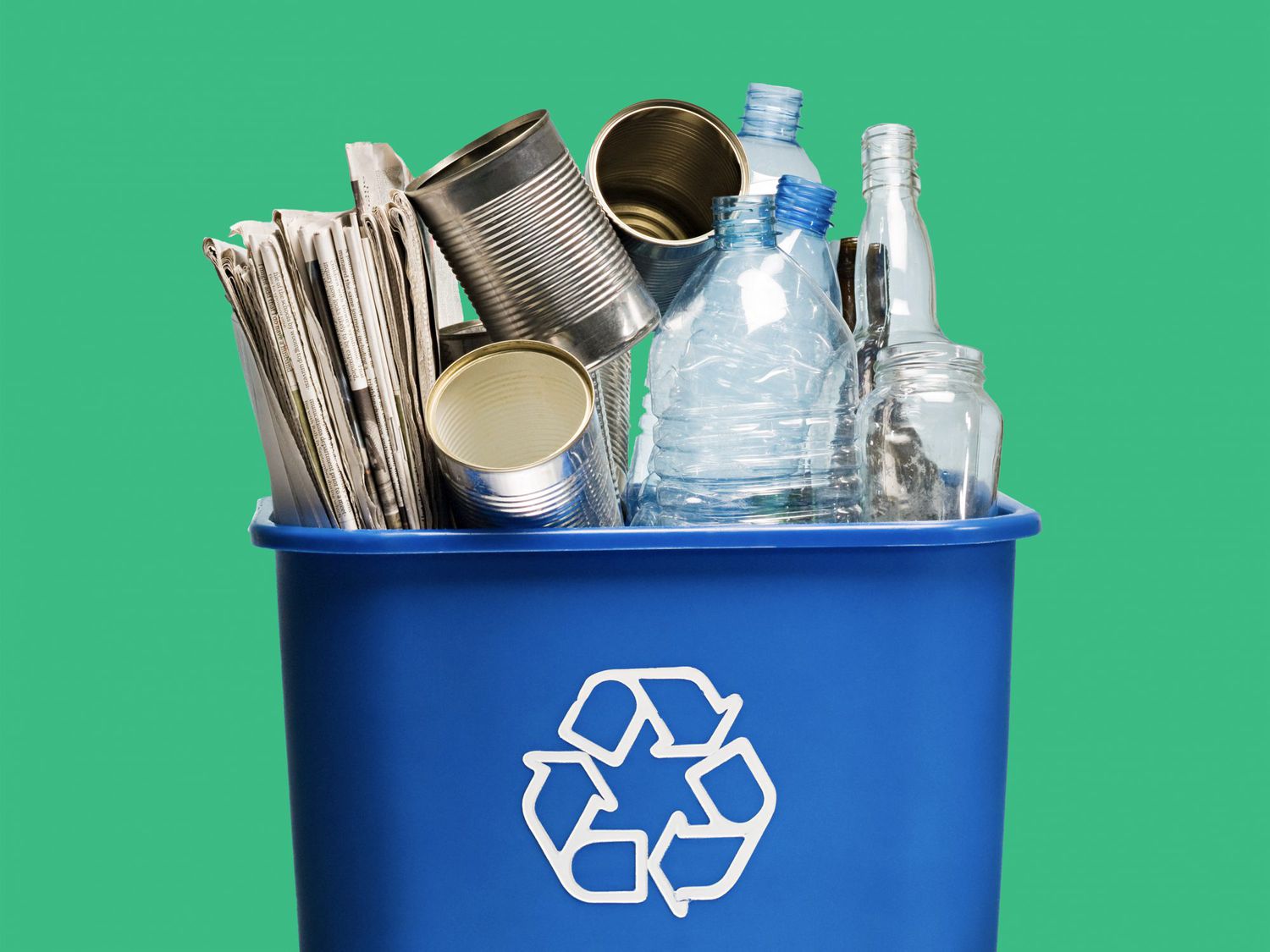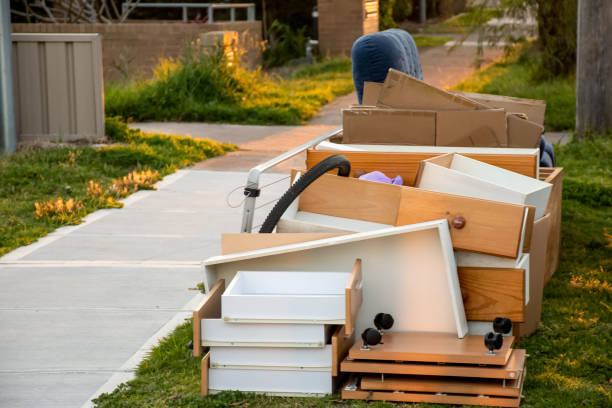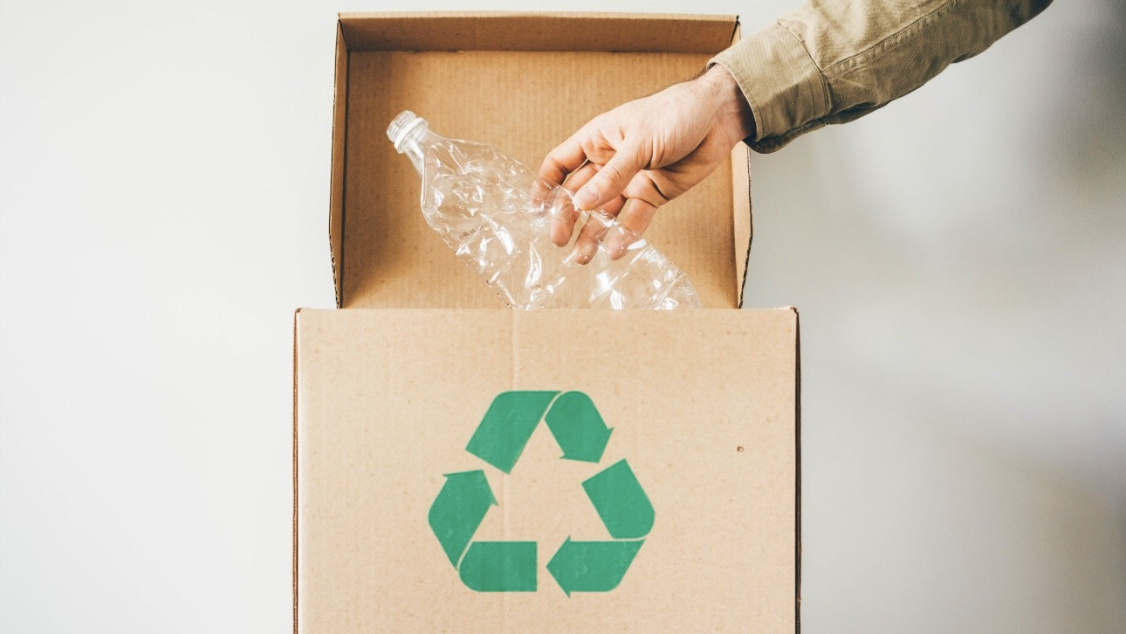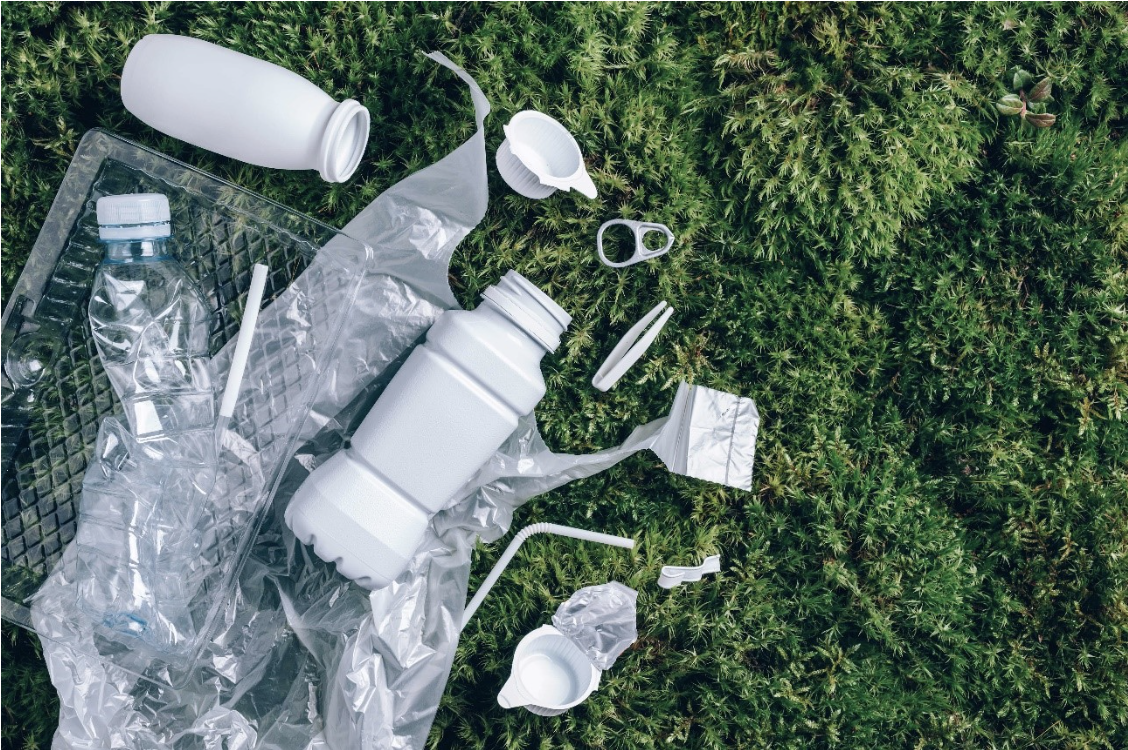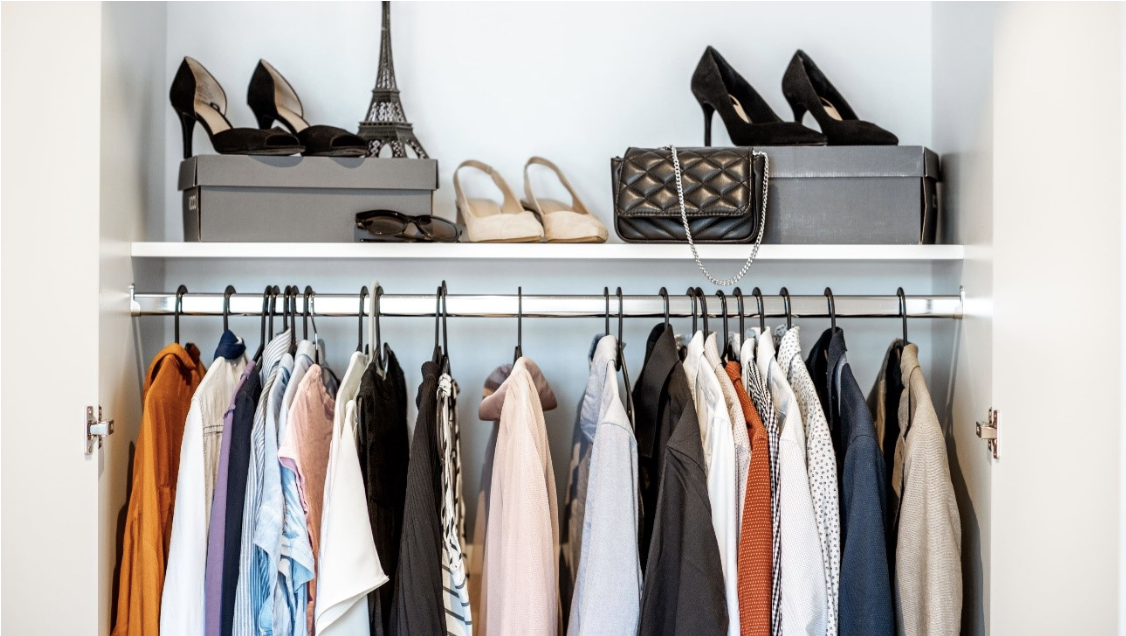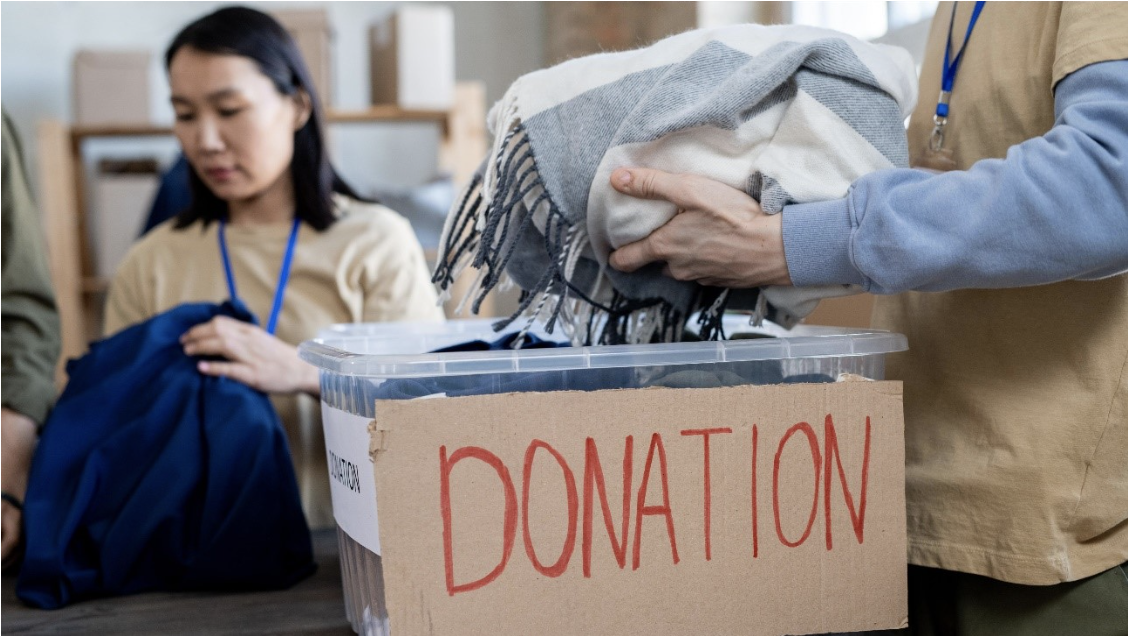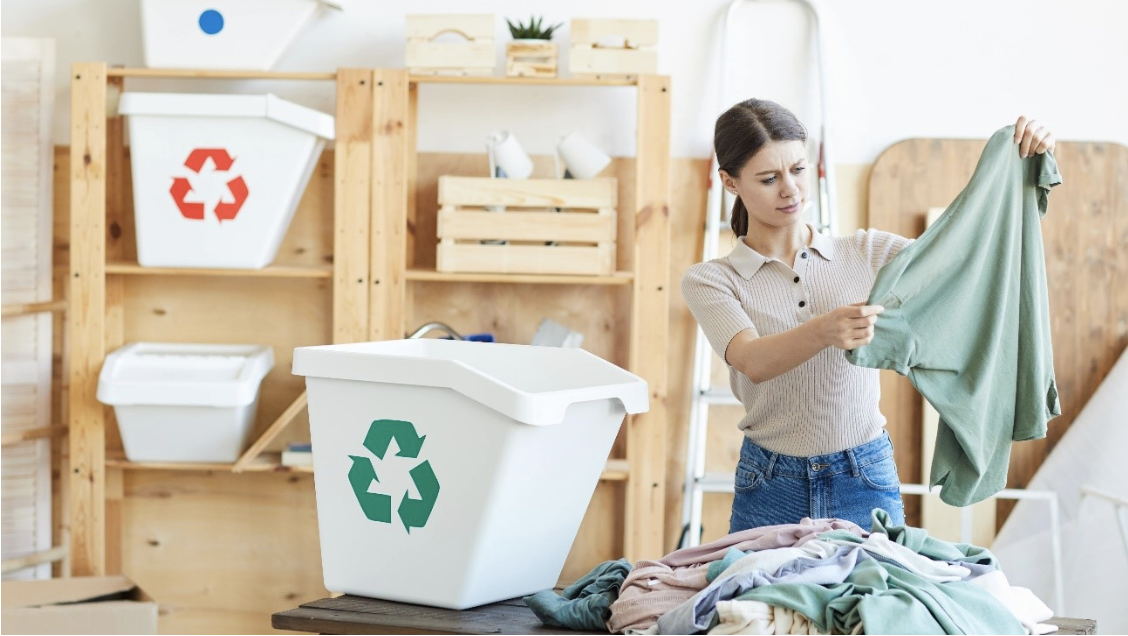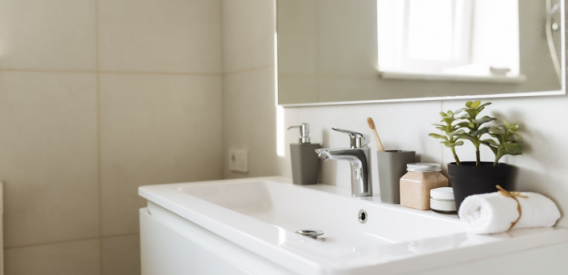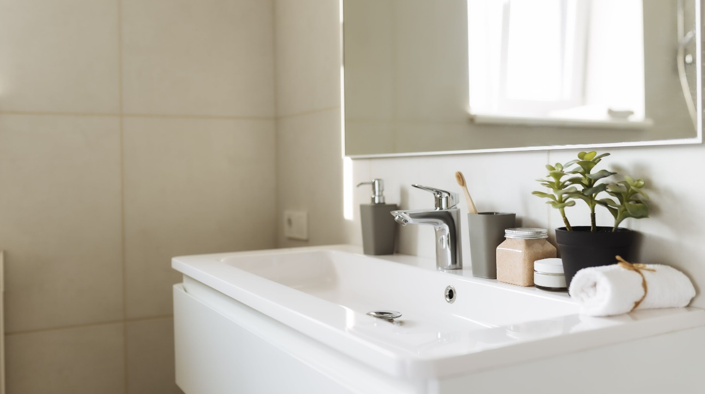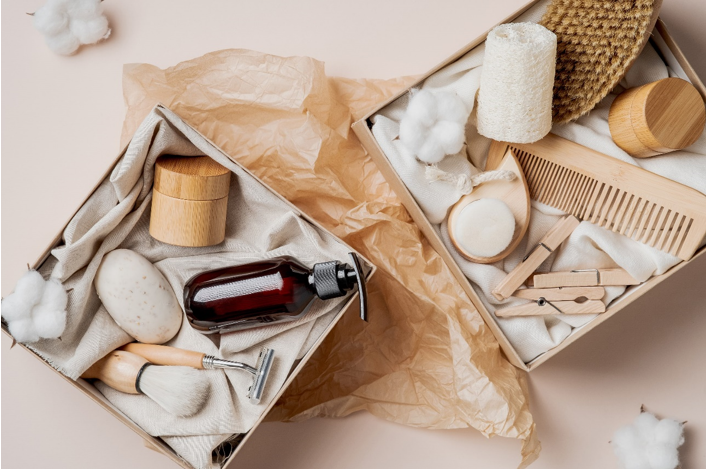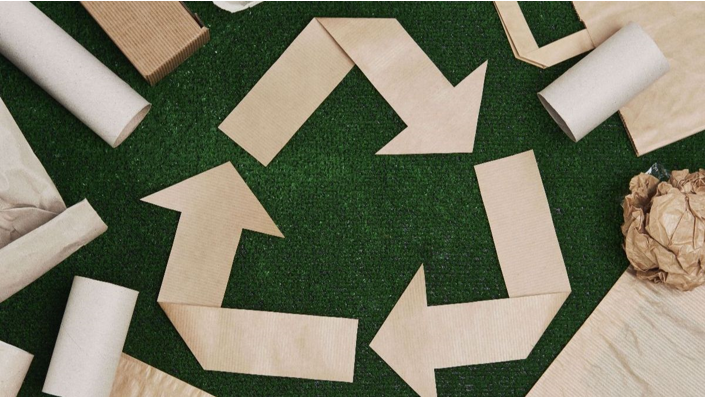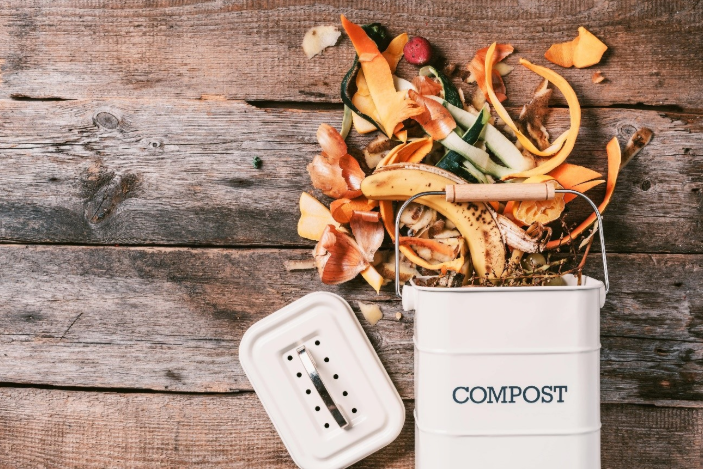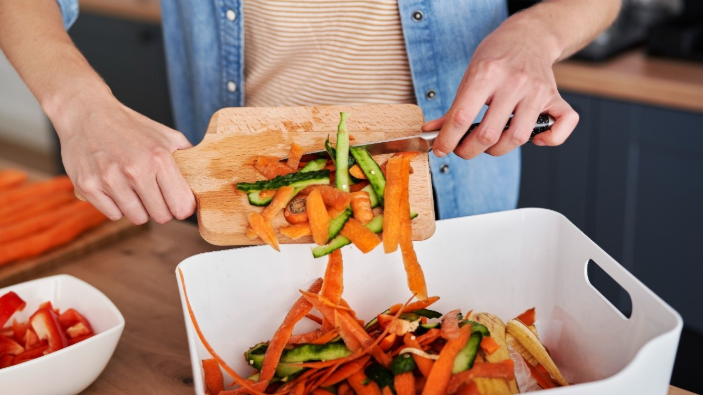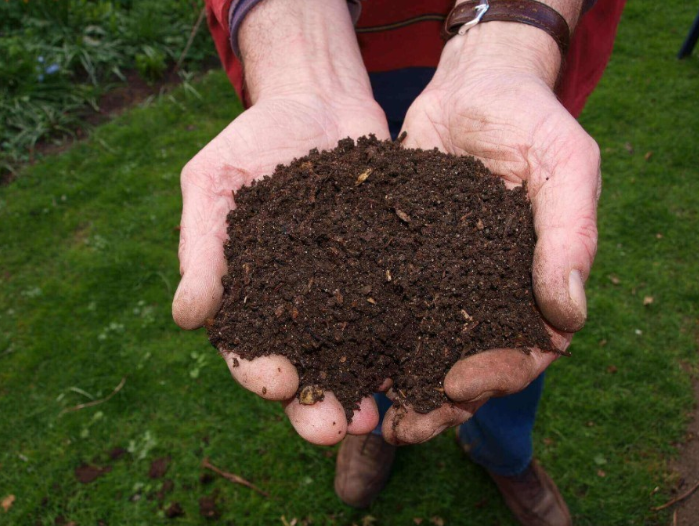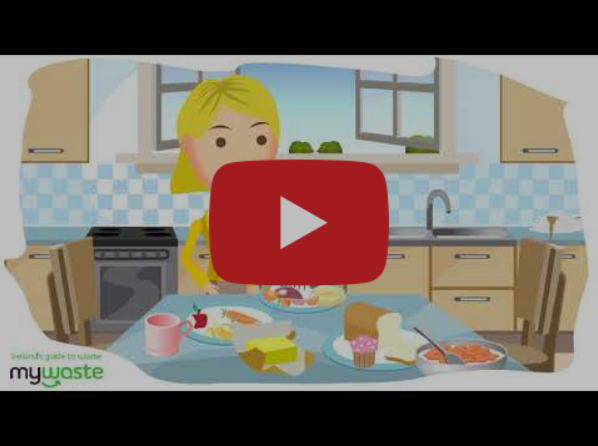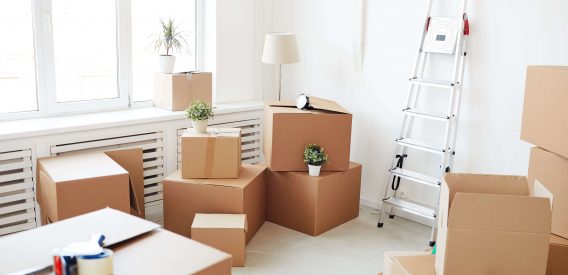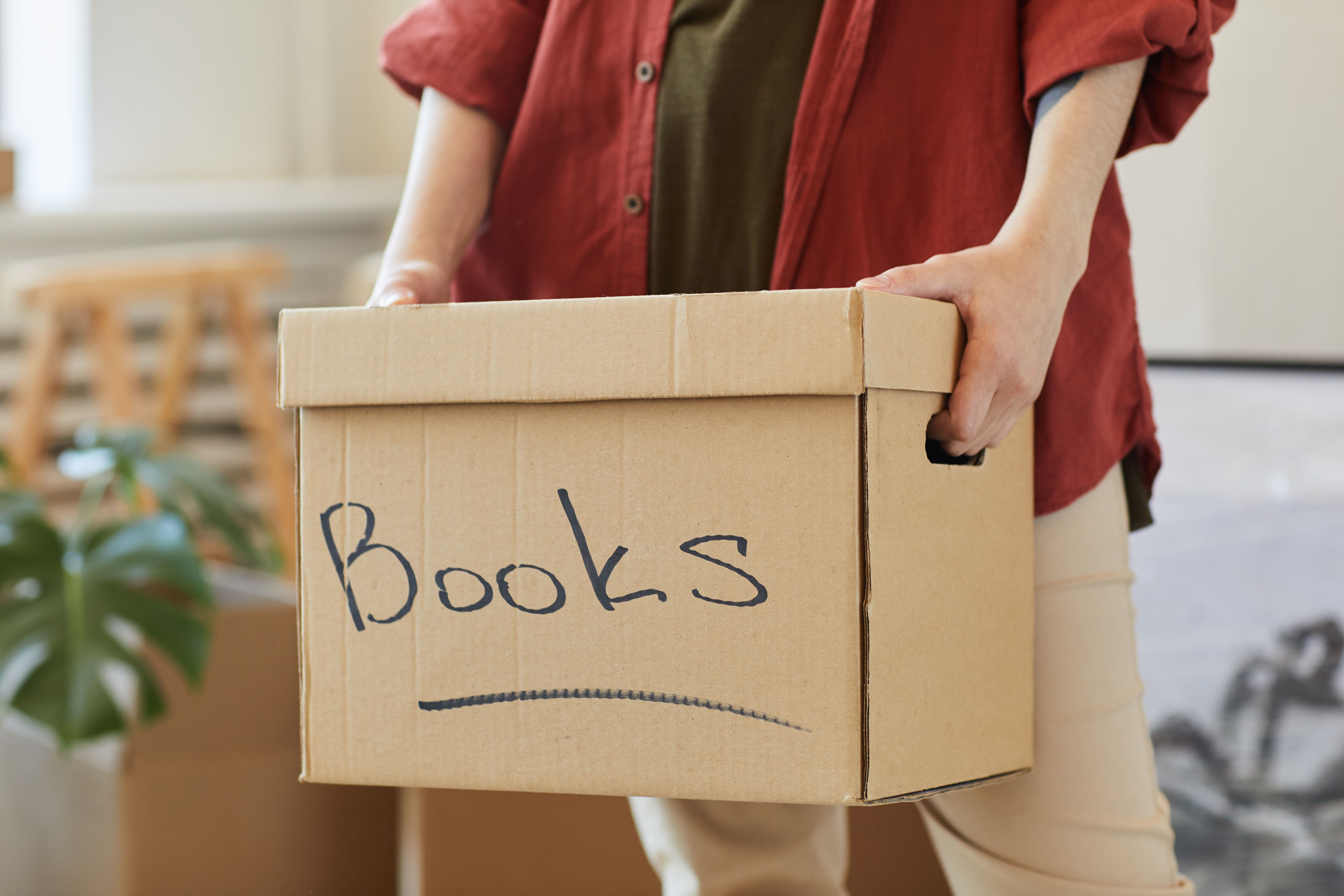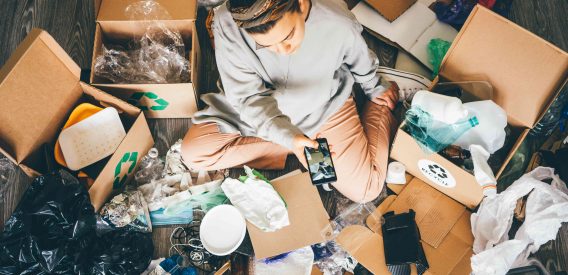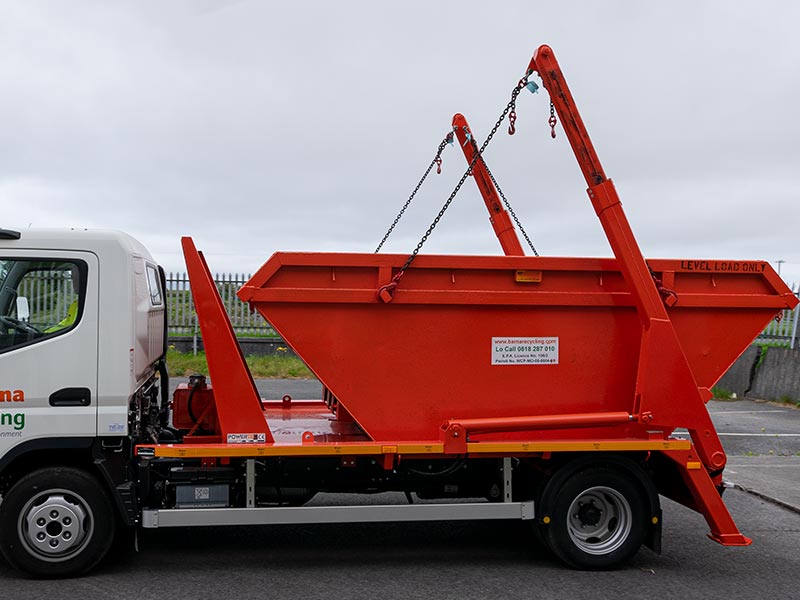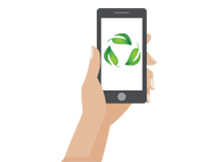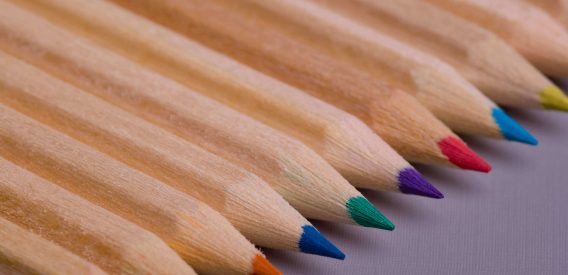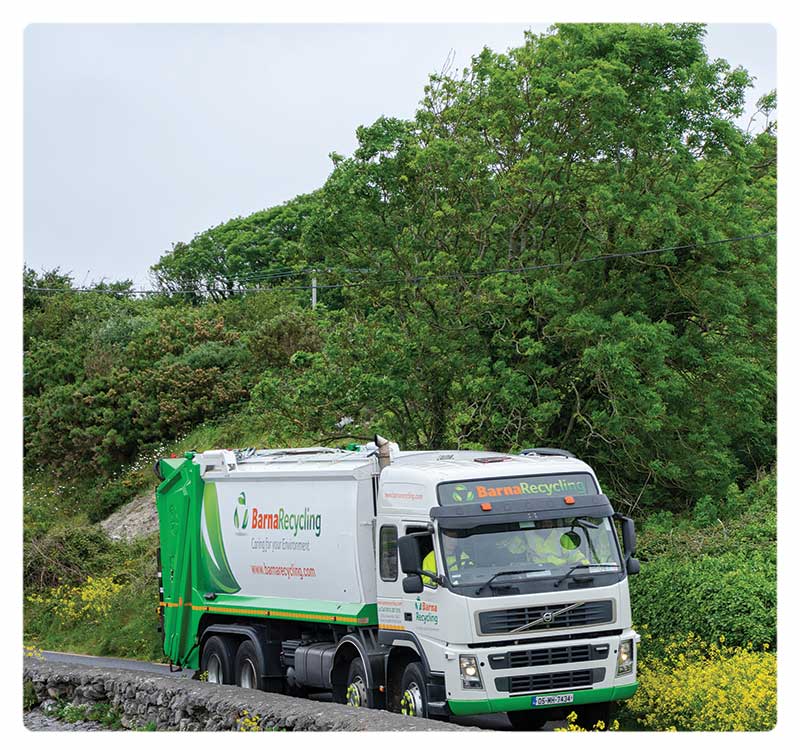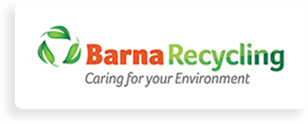- Ims Marketing
- Dec 02, 2022
- Decluttering Tips, Garden Waste, skip hire, waste disposal
Decluttering Tips & Trips For A Stress-Free Holiday Season
At Barna Recycling, we understand decluttering your homes during the busiest time of the year can be overwhelming, so we have outlined some of our top decluttering tips to follow for a stress-free & mess-free holiday season!
From clearing out the massive mess in the shed, old clutter in the attic and sorting out all the unused clothing, old blankets, and bedding to old books, now is the perfect time to deep clean your homes inside and out before the holiday season!
Below, we have outlined our top three decluttering tips and key information to help you understand what to do with the different types of waste from your home clear out.
Decluttering Tip 1: Use Your Local Civic Amenity Site
Our first top decluttering tip is to take advantage of Barna Recycling’s purpose-built Civic Amenity Sites. These local sites will assist you greatly when clearing out your home. We have seven civic amenity sites across Connacht for your convenience, where you can dispose of a large variety of non-hazardous and recyclable household waste at a reduced cost. Click here to find out where your nearest recycling centres might be located.
Here are some of the benefits of using one of our civic amenity sites
- They are cost-effective and cheap to use.
- Accept a wide range of items, including hazardous materials.
- They are clean, local, and easily accessible.
- Open on weekends to make them more accessible to all.
- They are well laid out and marked for each waste material.
- Cater for small and large deliveries in the exact location.
- Provide WEEE and Glass Bottle services free of charge.
- Cater for small and large deliveries in the exact location.
Decluttering Tip 2: Check The Types of Items Accepted At The Civic Amenity Sites
Our second decluttering tip is important for the correct disposal of waste. Below are examples of types of items accepted at our sites.
Old blankets/ Bedding & Mattresses: Some of our civic amenity sites will also accept any type of clothing, footwear, and textiles, including blankets, at selected civic amenity sites. However, an extra charge would apply for disposing of bedding and mattresses.
Books: Generally, books should be placed in the household recycling bin. However, if you have a large volume of old books, phone books, newspapers, and magazines, you can dispose of them at some of our local civic amenity sites.
Electrical items: You can bring unwanted electrical waste, more commonly known as WEEE (Waste Electrical and Electronic Equipment), such as Computers, Monitors, Mobile Phones, Electronic Toys, Game consoles, Speakers, Headphones and electrical appliances to your local amenity site to dispose of it free of charge. Check out our blog for decluttering tips on disposing of WEEE items.
Old Swing sets and Garden Furniture: If you have an old garden swing or garden furniture still in working condition, you could consider selling it, passing it on to someone else or donating it to local charity shops. If they require disposal, you can bring them to your nearest local civic amenity site. Most wood, metal, and plastic furniture are widely accepted and recycled at civic amenity sites. If you have large volumes of garden waste or are undertaking bigger garden projects where you are completely redoing your lawn, landscaping, cutting or removing hedging, then hiring a skip would be the right option for you.
Decluttering Tip 3: Too Much Waste? Hire a Skip
You can choose to hire a skip, which makes throwing away rubbish much quicker and easier. At Barna Recycling, we have skips of all sizes for all purposes, so you can be sure we will have one to suit your needs and requirements– have a look at our helpful skip sizing guide here for more information.
Declutter Your Home Stress-Free With Barna Recycling
The items accepted will vary for each of our civic amenity sites. Please be sure to call in advance or check our website for the complete list of items accepted at your nearest centre. The charges for the items you bring to the respective civic amenity centre will be based on the type of vehicle you have, not the quantity or weight of the waste items themselves.
Our Barna Recycling team are always on hand at our civic amenity sites to greet you on arrival, assist you with drop-offs, and provide you with advice and information about recycling and waste disposal. Follow our top decluttering tips and have a stress-free and mess-free holiday season.

